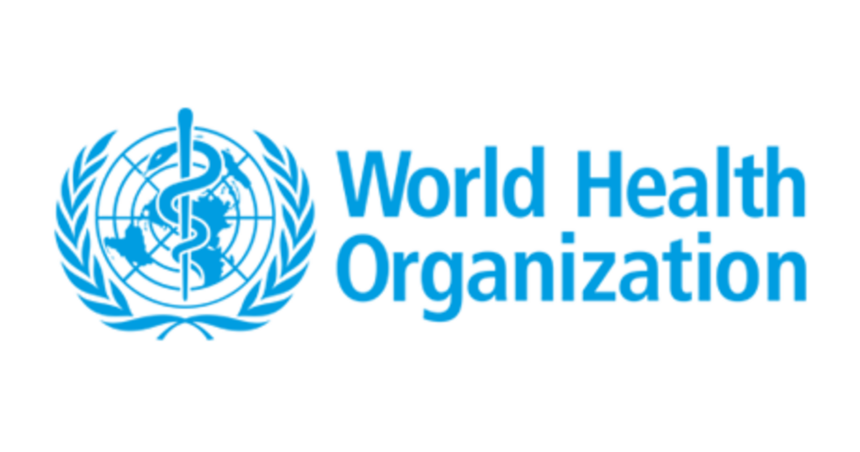A new global report from the World Health Organization (WHO) Commission on Social Connection has brought to light the devastating human cost of loneliness, revealing that it contributes to an estimated 871,000 deaths annually worldwide.
The report, which was released on Monday emphasized that approximately 1 in 6 people globally are affected by loneliness, with profound implications for their health and overall well-being.
This translates to about 100 deaths every hour linked to loneliness.
“In this Report, we pull back the curtain on loneliness and isolation as a defining challenge of our time,” stated Dr. Vivek Murthy, Co-chair of the WHO Commission on Social Connection and former Surgeon General of the United States of America.
“Our Commission lays out a road map for how we can build more connected lives and underscores the profound impact this can have on health, educational, and economic outcomes.”
According to the report, loneliness is described as the painful feeling arising from a disparity between desired and actual social connections, while social isolation refers to an objective lack of sufficient social connections.
Dr. Tedros Adhanom Ghebreyesus, WHO Director-General, highlighted the paradox of increasing isolation despite endless opportunities for connection in the modern age.
“Apart from the toll it takes on individuals, families and communities, left unaddressed, loneliness and social isolation will continue to cost society billions in terms of health care, education, and employment,” he warned.
The newly released WHO report data indicated that between 17% and 21% of youth aged 13-29 years reported feeling lonely, with teenagers experiencing the highest rates.
Social isolation also affected a significant portion of the population, with estimates showing that up to 1 in 4 adolescents and 1 in 3 older adults are impacted.
The report also emphasised a stark disparity based on economic standing: approximately 24% of people in low-income countries reported feeling lonely, a rate that is double that observed in high-income countries, where about 11% reported similar feelings.
Furthermore, the WHO report pointed out that certain vulnerable populations face additional barriers to social connection, often due to discrimination or other systemic challenges.
While specific numerical breakdowns by racial or ethnic groups were not detailed in the provided information, the report identifies several such groups, including people with disabilities, refugees or migrants, LGBTQ+ individuals, and indigenous groups and ethnic minorities, all of whom may find social connection more difficult to achieve.
Chido Mpemba, Co-chair of the WHO Commission on Social Connection and Advisor to the African Union Chairperson, stressed the importance of integrating social connection into policy.
“Even in a digitally connected world, many young people feel alone. As technology reshapes our lives, we must ensure it strengthens—not weakens—human connection. Our report shows that social connection must be integrated into all policies—from digital access to health, education, and employment,” Mpemba stated.
The causes of loneliness and social isolation are multifaceted, including factors such as poor health, low income and education, living alone, inadequate community infrastructure and public policies, and the impact of digital technologies.
READ MORE FROM: NIGERIAN TRIBUNE
WATCH TOP VIDEOS FROM NIGERIAN TRIBUNE TV
- Relationship Hangout: Public vs Private Proposals – Which Truly Wins in Love?
- “No” Is a Complete Sentence: Why You Should Stop Feeling Guilty
- Relationship Hangout: Friendship Talk 2025 – How to Be a Good Friend & Big Questions on Friendship
- Police Overpower Armed Robbers in Ibadan After Fierce Struggle






